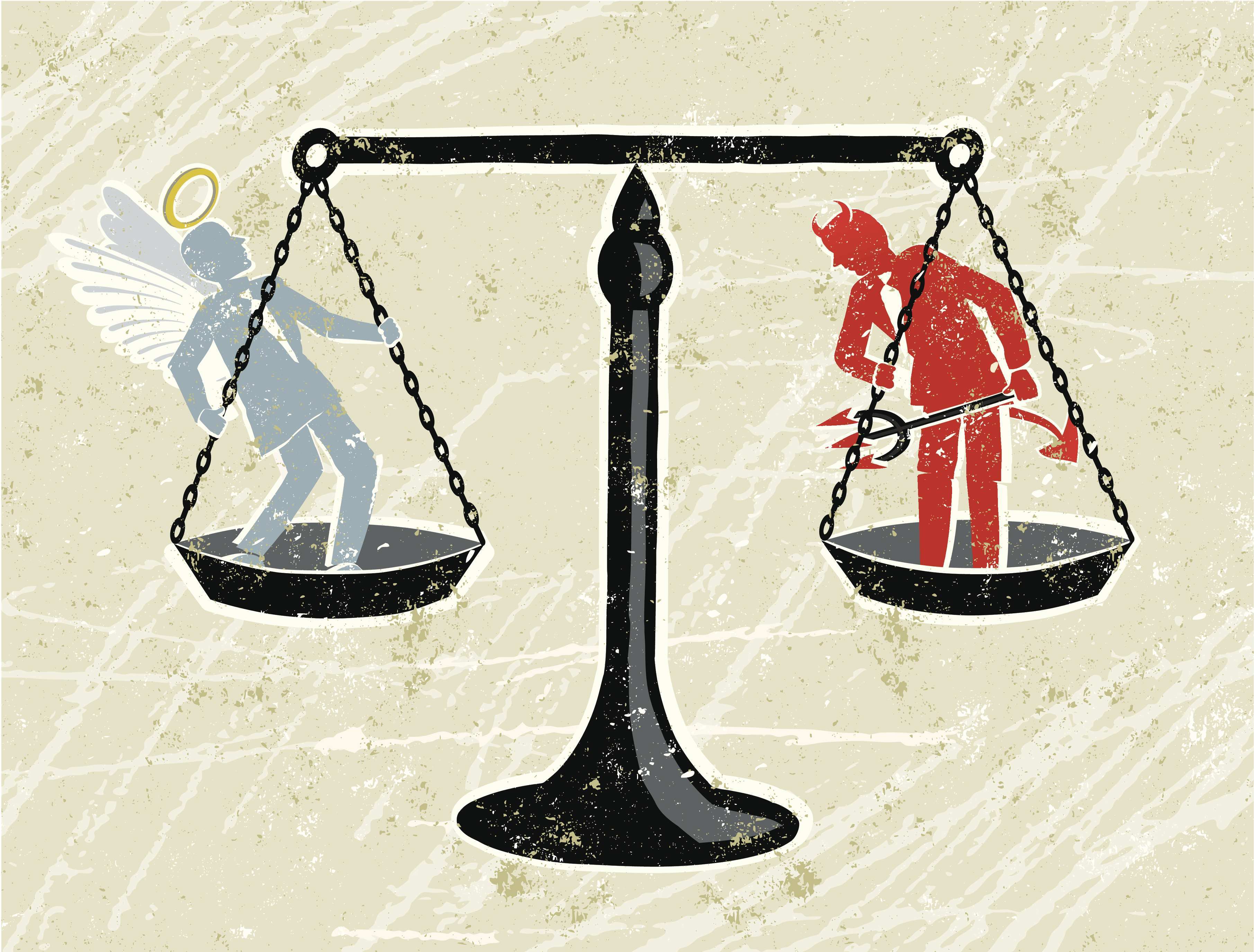 |
| Scene from the Brooklyn Public Library |
Friend Max asks, Are people born gay?
Unlikely.
Back in the eighties and nineties, because the Human Genome Project was the big thing happening in science, genetics were imagined to be the cause of everything.
Just as, when electricity was discovered, it was postulated to be the cause of everything, of life and consciousness—so the novel “Frankenstein.”
Just as, when magnetism was first understood in a scientific sense, it was imagined to be the cause of everything; of consciousness itself. “Animal magnetism,” “mesmerism,” could cure “mental illness.” This evolved into modern psychiatry. Freud started with it.
Just as, when computers first appeared, saying something had been put through a computer established its unquestionable truth. I remember getting into structuralism back in the day, which argued that all human cultural artifacts could be analyzed into binaries and, theoretically, computerese. That claim gave the theory vast authority.
Just as, when the atom was first split, radiation was supposed to do all kinds of magical things, both good and, mostly, bad. The superheroes of the early sixties got their powers by being exposed to gamma radiation, being bitten by a radioactive spider, or the like. At the time, it all sounded plausible.
In a similar way, in the eighties and nineties, almost everything was supposed to be genetic: homosexuality, pedophilia, alcoholism, depression, schizophrenia, bipolar disorder, “antisocial behaviour,” whatever. A dangerous path to tread—it leads logically to racism and eugenics. But no plausible gene has yet been found for any of these. Since the white coats have been looking intently for over forty years now, with our understanding of the human genome growing exponentially, it seems unlikely they exist. There are no genes for thoughts, opinions, likes or dislikes. Apparently there’s this thing called free will. Who could have guessed?
But the gay lobby seized upon the moment back in the eighties to declare that homosexuality was an inborn characteristic, like skin colour, something over which they had no control, so it was unjust to criticize, let alone discriminate, on that basis. “Born this way.” Now that is frozen into law, even constitutional law, and we are not allowed to question or we are “homophobic.”
But it was always illogical. If gayness were based on a gene, that gene would breed itself out within a generation—homosexual sex does not produce offspring.
There is one alternative possibility: that it is caused by some sort of intra-uterus brain damage. But what’s the mechanism?
Moreover, you may know, as I do, of “homosexuals” who have gone “straight” later in life. Kathy Shaidle used to claim that every “gay” friend she knew in high school later went straight. This used to be assumed to be the standard path in ancient Greece; young men dabbled in homosexuality before later settling down to have a family. It was also more or less expected in British residential schools back in the day. We often hear news of this or that prominent person, married with children, suddenly declaring in midlife that they are gay, and running off with a same-sex partner. If it can happen in one direction, surely also in the other. We might at most be dealing with an addiction, like alcohol, or tobacco, or any other sexual fetish.
How do people become gay? After all, you yourself probably have no desire whatsoever to have sex with another man; nor do I. The most likely explanation is some pleasurable early experience of gay sex; which then develops a habit, overriding the natural instinct for the opposite sex. Just as we reach for an olive because we remember how good an olive tasted once before. And prefer redheads because of some notably pleasurable early experience with some redheaded girl.
In other words, homosexuals are groomed into it by other homosexuals. This, and the need to maintain the population of the polis, is probably reason enough for most past societies taking a dim view of the practice. I note that in Saudi Arabia, while homosexuality is technically illegal, nobody will disturb you at it until and unless you approach a minor. Then the hammer falls quickly.
If you are gay, you face a fundamental problem: 97% of those people you want sex with will not want sex with you. There is no obvious way of telling who that remaining 3% are. Without facing eternal and possibly brutal rejection, what are your strategies?
Bath houses with a certain reputation are one. Being very publicly gay, acting effeminate, is another—so the classic image of a gay man lisping and mincing. Marching half-naked in a gay pride parade to advertise your availability is another.
Another obvious one, though, perhaps the most obvious one, is to groom someone too young to really understand sex. They will probably not reject you, because they don’t grasp what’s going on. You’ll initiate them into the habit, and perhaps have a reliable sex partner for a time. In any case, you have enlarged the pool.
Even if gayness is broadly socially accepted, this still may be the easiest path, and the one that needs the least courage. Why do all these transsexuals and transgenders and their advocates currently want so badly to introduce “drag queen story hours” in schools and libraries, and books referring to explicit gay sex to grade school children? We would never tolerate such sexual displays among heterosexual adults.
If it isn’t grooming, what else could it be?
To be fair, we cannot accuse all gays of going after children. Many gays understand that being gay is, at best a misfortune, and are as adamant as anyone about opposing sex with children.













/WWITrenches-58d2bf723df78c516207e744.jpg)















